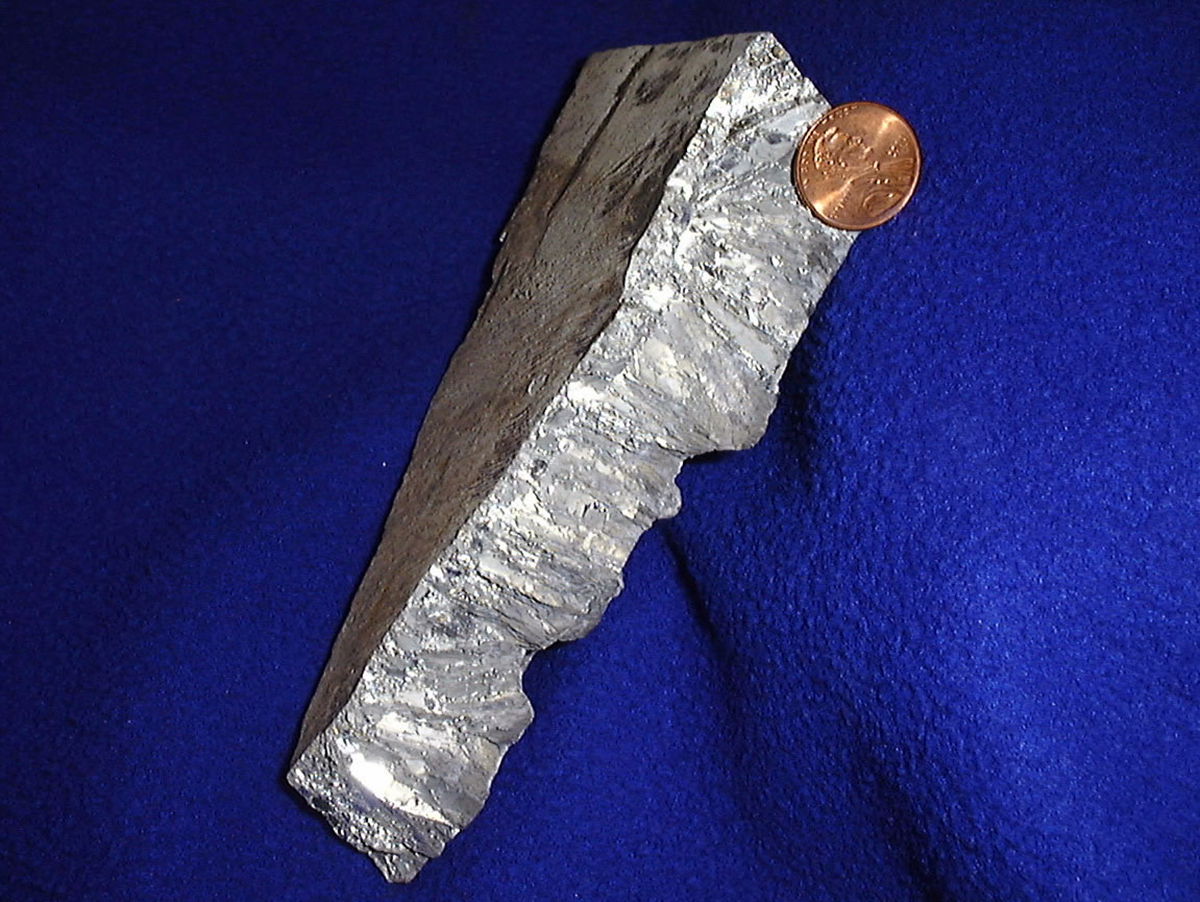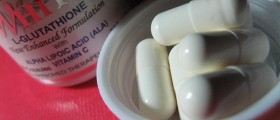
Zinc Overview
Zinc is an essential trace element, present in every part of the body and has various functions. This mineral has very high concentration in the body and it is an important part of many enzyme reactions. Zinc is required for healthy functioning of the immune system, cell division, protein synthesis, fighting against skin problems, and wound healing.
Zinc is naturally present in some foods such as red meat, poultry, sea food, dairy products, legumes, beans, whole grains, cereals and nuts. Pumpkin seeds are one of the richest sources of zinc. When we consume such foods, we provide sufficient intake of this mineral which is around 9-11 mg per day. Zinc is also available as a dietary supplement.
Benefits of Zinc
Zinc promotes the immune system and aids in treating common cold, malaria and recurrent ear infection. It also prevents infections of lower respiratory system. Zinc is essential for good memory and improves the brain function. In men, it increases sperm count, stimulates the libido and helps in treating bacterial prostatitis. Zinc is beneficial for people suffering from diabetes, asthma and high blood pressure. Zinc is required for synthesis of protein and collagen thus promotes wound healing and treats skin conditions such as acne, psoriasis, eczema and boils. Zinc is important for normal growth and sexual development of children. It can be used for treatment of eye infections such as night blindness, cataract and macular degeneration. Zinc is required for the growth of muscles and proper sense of taste and smell. Zinc is important for healthy hair and nails. Zinc is beneficial for people affected by attention deficit disorder, anorexia nervosa, Crohn’s disease, ulcerative colitis, peptic ulcers and alcoholism.
We must take recommended daily doses of zinc to prevent the deficiency and associated symptoms such as: diarrhea, appetite loss, lesions, hair loss, impaired immune function, taste abnormalities and irregular menstrual periods.
Side Effects of Zinc
Zinc side effects occur when zinc dosage exceeds 40 mg per day. Adverse effects of having too much zinc in blood include symptoms such as nausea, vomiting, loss of appetite, diarrhea, abdominal cramps and headaches. Severe side effects occur in case of zinc daily intake between 150-450 mg. This may lead to lower copper, iron and magnesium levels which affect the immune system and reduce levels of good cholesterol (HDL). Excessive zinc may result in mouth irritation, loss of smell function, blood in urine, lethargy and bad taste. Dizziness, drowsiness, electrolyte imbalance and dehydration may also occur due to zinc toxicity.

















Your thoughts on this
Loading...